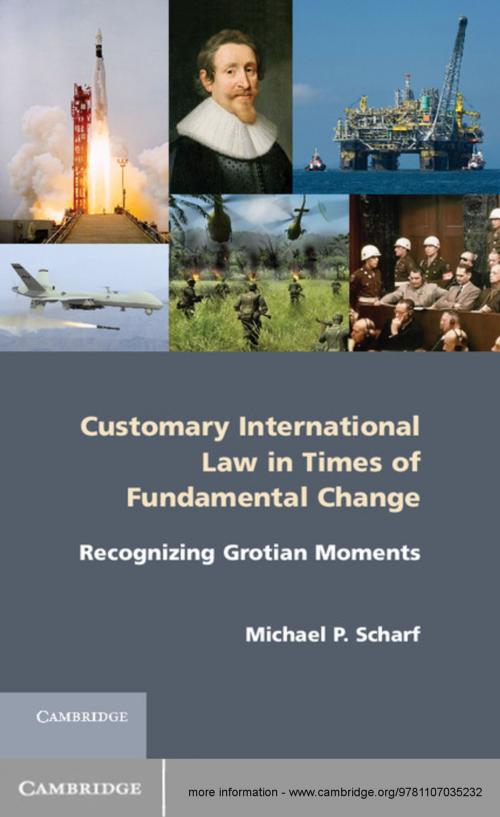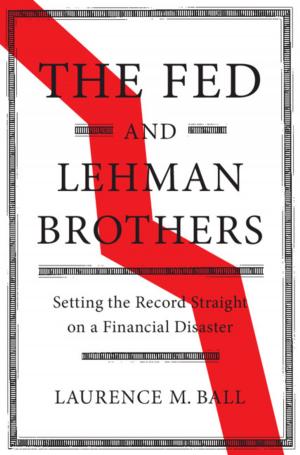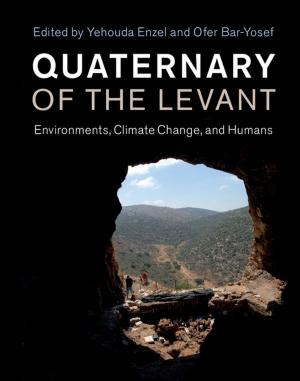Customary International Law in Times of Fundamental Change
Recognizing Grotian Moments
Nonfiction, Reference & Language, Law, International, Social & Cultural Studies, Political Science| Author: | Michael P. Scharf | ISBN: | 9781107272644 |
| Publisher: | Cambridge University Press | Publication: | May 31, 2013 |
| Imprint: | Cambridge University Press | Language: | English |
| Author: | Michael P. Scharf |
| ISBN: | 9781107272644 |
| Publisher: | Cambridge University Press |
| Publication: | May 31, 2013 |
| Imprint: | Cambridge University Press |
| Language: | English |
This is the first book to explore the concept of 'Grotian Moments'. Named for Hugo Grotius, whose masterpiece De jure belli ac pacis helped marshal in the modern system of international law, Grotian Moments are transformative developments that generate the unique conditions for accelerated formation of customary international law. In periods of fundamental change, whether by technological advances, the commission of new forms of crimes against humanity, or the development of new means of warfare or terrorism, customary international law may form much more rapidly and with less state practice than is normally the case to keep up with the pace of developments. The book examines the historic underpinnings of the Grotian Moment concept, provides a theoretical framework for testing its existence and application, and analyzes six case studies of potential Grotian Moments: Nuremberg, the continental shelf, space law, the Yugoslavia Tribunal's Tadic decision, the 1999 NATO intervention in Serbia and the 9/11 terrorist attacks.
This is the first book to explore the concept of 'Grotian Moments'. Named for Hugo Grotius, whose masterpiece De jure belli ac pacis helped marshal in the modern system of international law, Grotian Moments are transformative developments that generate the unique conditions for accelerated formation of customary international law. In periods of fundamental change, whether by technological advances, the commission of new forms of crimes against humanity, or the development of new means of warfare or terrorism, customary international law may form much more rapidly and with less state practice than is normally the case to keep up with the pace of developments. The book examines the historic underpinnings of the Grotian Moment concept, provides a theoretical framework for testing its existence and application, and analyzes six case studies of potential Grotian Moments: Nuremberg, the continental shelf, space law, the Yugoslavia Tribunal's Tadic decision, the 1999 NATO intervention in Serbia and the 9/11 terrorist attacks.















